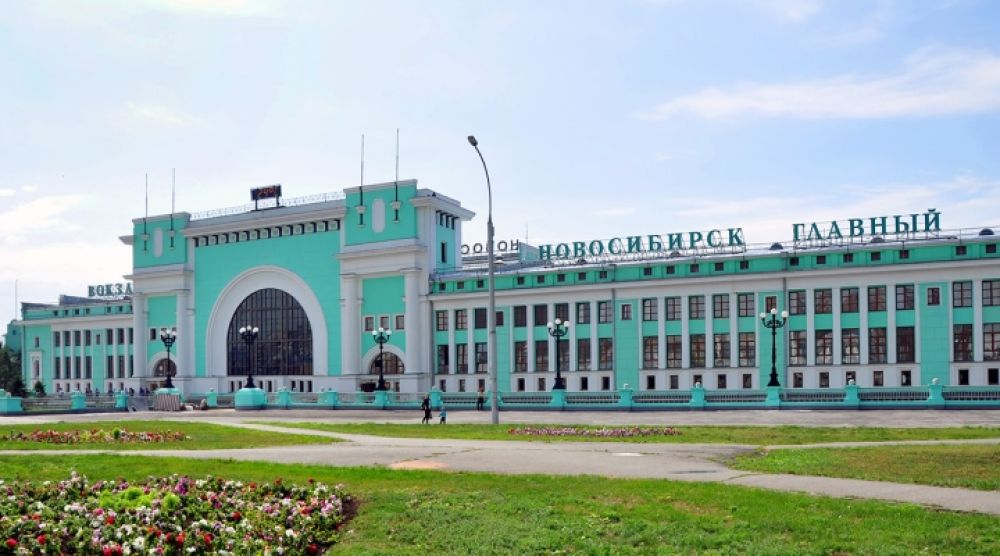

Novosibirsk, Russia's third-largest city after Moscow and Saint Petersburg, may not have been traditionally known for its tourism. However, the largest city in Siberia has an intriguing history that contributes to its emerging status as an interesting destination for travelers.
Established in 1893 as a transport hub via the Trans-Siberian Railway, Novosibirsk started as a small settlement named Novonikolayevsk. Its strategic position quickly spurred growth and development. The city became an essential trade and industrial centre, but its potential for tourism was not an immediate focus.
During the Soviet era, Novosibirsk was largely closed to international visitors due to its focus on industry and military facilities. Tourism was primarily domestic, with visitors attracted to its theaters, such as the renowned Novosibirsk Opera and Ballet Theatre, which is the largest opera house in Russia.
After the fall of the Soviet Union, Novosibirsk's doors opened wider to the world, allowing the growth of inbound tourism. The establishment of basic tourism infrastructure, such as hotels, restaurants, and entertainment venues, began to put Novosibirsk on the map for travelers seeking to explore beyond Russia's primary cities.
Today, Novosibirsk is a vibrant urban center, and its appeal to tourists lies in its rich cultural life, scientific institutions such as the Akademgorodok, the Siberian Branch of the Russian Academy of Sciences, and unique attractions like the Novosibirsk Zoo, one of the largest zoos in Russia.
Eco-Tourism: The surrounding region of Novosibirsk Oblast with its forests, rivers, and the nearby Altai Mountains, has given rise to eco-tourism. This provides travelers with the opportunity to experience untouched natural landscapes and partake in outdoor activities.
Cultural Tourism: Novosibirsk is capitalizing on its rich history and cultural offerings. The city's museums, theaters, and landmarks, such as the Alexander Nevsky Cathedral and the Lenin Square, are pivotal to its cultural tourism.
Event Tourism: Hosting various festivals and events, such as the Siberian Snow Sculpture Festival and the Novosibirsk International Jazz Festival, is also becoming part of the attraction, drawing both domestic and international visitors.
Culinary Tourism: The city's diverse culinary scene, which presents a mix of traditional Siberian cuisine and international flavors, has started to establish a reputation for itself, intriguing food enthusiasts.
Scientific and Educational Tourism: With the city's reputation as a center of academia and scientific research, particularly in Akademgorodok, it also attracts a niche of academic tourists.
Tourism in Novosibirsk, while still developing, is becoming an increasingly important part of the city's economy and culture. As the infrastructure continues to improve and the city's offerings expand, Novosibirsk is likely to see a steady increase in its tourism activities.